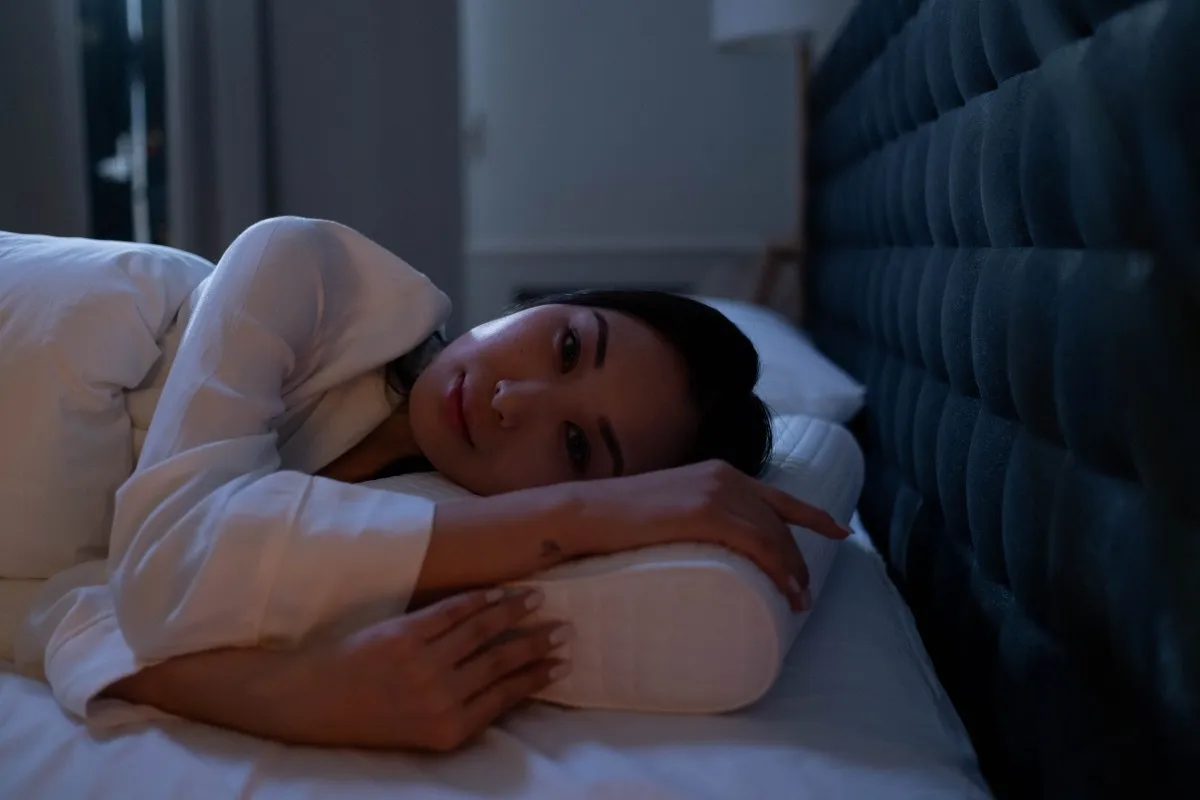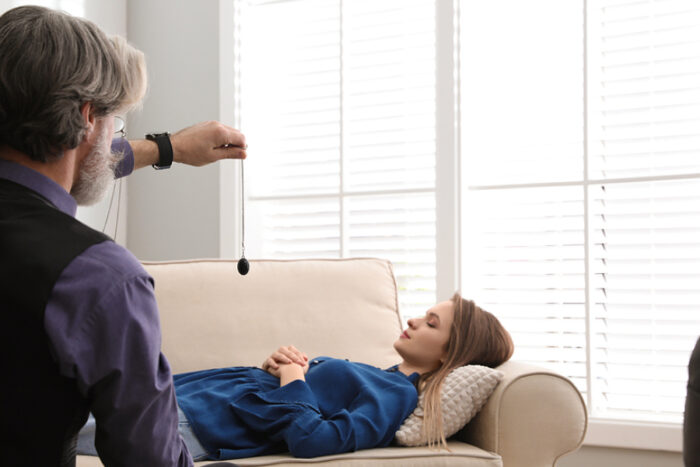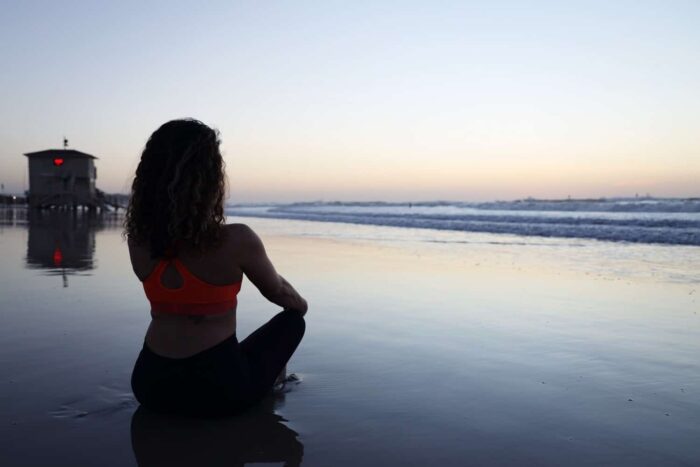
Insomnia is a common sleep disorder that can make it hard for you to fall asleep. It can also make it difficult to stay asleep at night or cause you to wake up and not be able to get back to sleep.
If you are suffering from insomnia, you may feel tired even after you wake up. Not getting enough sleep can leave you feeling restless and cause fluctuations in mood. Moreover, it can also negatively impact your health, work performance, and quality of life.
Most adults commonly need around 7 to 8 hours of sleep every night to be able to live a healthy life, however, it often varies from person to person. Some common causes of insomnia include high-stress levels, hectic work schedules, poor sleep habits, mental health disorders, daily intake of certain types of medications, some medical conditions, pre-existing sleep-related disorders, and excessive intake of caffeine, nicotine, alcohol, etc.
There are certain ways in which you can deal with insomnia. With the help of several techniques such drinking prescription medicines and undergoing red light therapy at home, you can get back to a healthy sleep schedule. In addition to that, you can also try these alternatives to battle insomnia once and for all.
5 Alternative Ways to Battle Insomnia

1. Hypnotherapy
Hypnotherapy is an age-old technique to effectively deal with insomnia. You can club hypnotherapy sessions along with medicine and therapy to get quicker and more lasting results. Hypnotherapy in London is a popular choice to battle problems like insomnia, anxiety and stress. Hypnotherapy is essentially used to help you to access your subconscious and identify the exact reasons why you cannot sleep.
This form of therapy is usually done by a licensed hypnotherapist who will help you put yourself into a trance-like state. Once this state has been achieved, they will use positive suggestions to induce sleep-related changes. These changes may include reducing your overall anxiety about insomnia, developing a better sleep schedule and practising better sleep hygiene. Moreover, hypnotherapy for insomnia will also help you stick to lifestyle changes.
2. Acupuncture
Acupuncture is a traditional Chinese alternative treatment that can help deal with a variety of issues including insomnia. The process of acupuncture usually involves the insertion of very fine needles into the skin. Sometimes, they are used in combination with an electrical stimulus or with heat produced by burning specific types of herbs.
These needles are inserted into the skin at specific acupuncture points that target symptom relief for different types of issues. Similarly, when we are dealing with insomnia, the needles are inserted into specific areas that influence sleep. While acupuncture does not guarantee complete symptom relief, it does have significant effects in improving sleep quality in people with insomnia.

3. Practising Mindfulness and Meditation
One of the reasons why people have sleep troubles is because they are plagued with intrusive thoughts right before falling asleep. Similarly, those suffering from insomnia may also have increased muscle tension in their body, causing them to have sleep issues.
There are certain techniques like relaxation, meditation and mindfulness that can help deal with these issues. These techniques are aimed at relaxing the muscles and quieting the mind and are incredibly effective for people with insomnia. Moreover, these techniques are incredibly easy to learn and practise regularly. If you regularly practise relaxation and meditation, your body will start producing higher levels of melatonin which will in turn help you fall asleep.
4. Exercise
Studies have shown that regular exercise induces deep sleep in young adults. Regular exercise also helps improve sleep patterns in older adults. Moderate to low-impact exercise done regularly for a minimum of 3 days a week for 30 minutes can lead to two massive improvements in sleep disorders.
Running, walking, cycling or jogging are simple exercises that can be incorporated into your daily routine. Low to moderate tai chi as well as certain yoga practices can improve sleep quality in older people. However, you should avoid exercising 3 to 4 hours before bedtime to avoid any interruption with sleep.

5. Herbal Supplements
An alternative way that can help you effectively battle insomnia is taking herbal supplements. However, it is always advised to consult a doctor as herbal supplements can react with certain medications and cause harm to your health.
Some herbs like valerian root and chamomile work wonders for alleviating sleep problems. Valerian root is known for its effects in helping people fall asleep and stay asleep, however, it is not safe for pregnant women or children. Chamomile is commonly used to treat insomnia and has no known side effects.
Another herb you might want to try is Ashwagandha. The leaves of Ashwagandha contain triethylene glycol which has positive effects on REM sleep. This herb can help you fall asleep faster and also improves the quality of sleep.
In Conclusion
Insomnia can be hard to battle. It can also lead to numerous health issues and needs to be treated. While you may have traditional therapy and medication to help you, with these alternatives, you will be able to deal with your sleep issues faster.








